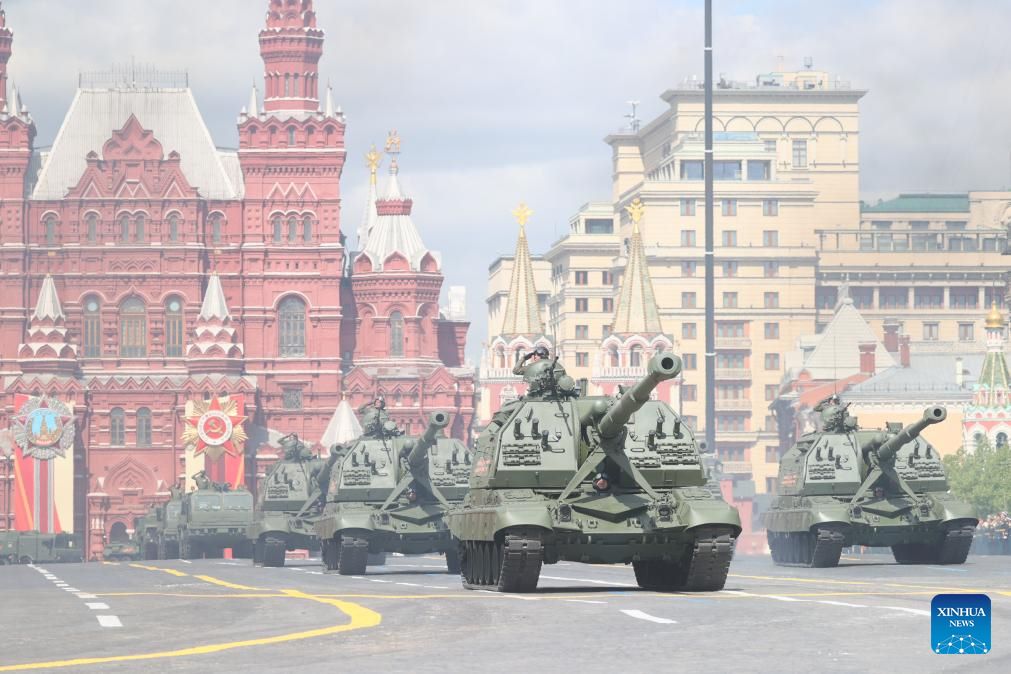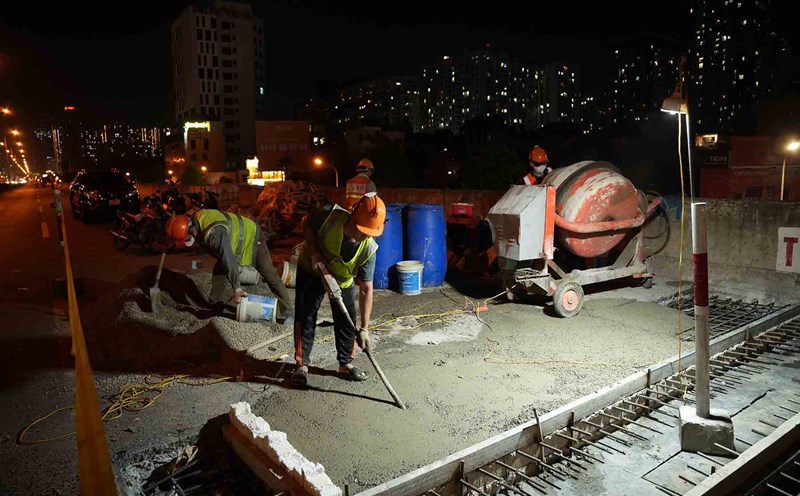In an interview with the US press on July 6, NATO Secretary General Mark Rutte said Russia produced three times more ammunition than the entire NATO bloc in just three months, while NATO needed a whole year to achieve it.
Russia is restructuring its military capabilities at an unprecedented rate in modern history, Rutte stressed. According to him, the current situation forces the West to act quickly if they do not want to lose the strategic balance.
The NATO Secretary General even issued a symbolic warning: If we dont invest, we might have to learn Russian.

Mr. Rutte said that NATO should increase defense spending to 5% of GDP, including 3.5% for the core military budget (weapones, manpower, equipment); 1.5% for cyber defense and civil infrastructure during wartime.
This is an unprecedented number in the post-Cold War era and coincides with the view of US President Donald Trump, who has long required NATO countries to spend commensurate with their commitments.
When asked whether the increase in defense spending will fuel a new arms race, Mr. Rutte was frank: "We no longer have enough defense industry capacity to produce what is needed to deter Russia, North Korea or anyone."
He stressed that the biggest concern today is not only the budget but also the capacity to produce weapons, as NATO is being left behind by Russia in terms of artillery, armored vehicles, air defense and especially ammunition.
As the conflict in Ukraine continues, Russia has increased defense spending to a record of 13.5 trillion rubles (equivalent to 151 billion USD), accounting for 6.3% of GDP.
President Vladimir Putin admitted that this number is very large, which could create inflationary pressure, but compared the US spending 14% of GDP during the North Korean war.
According to Mr. Putin, since the beginning of the Ukrainian conflict, Russia's ammunition production has increased 14 times, UAV production has increased 4 times, armored vehicles have increased 3.5 times and missile production is 10 times higher than the entire NATO combined.
Although the West has repeatedly predicted that Russia could attack NATO countries, the Russian side has repeatedly denied it, calling it "unreasonable" and asserting that it has no intention of doing so.











